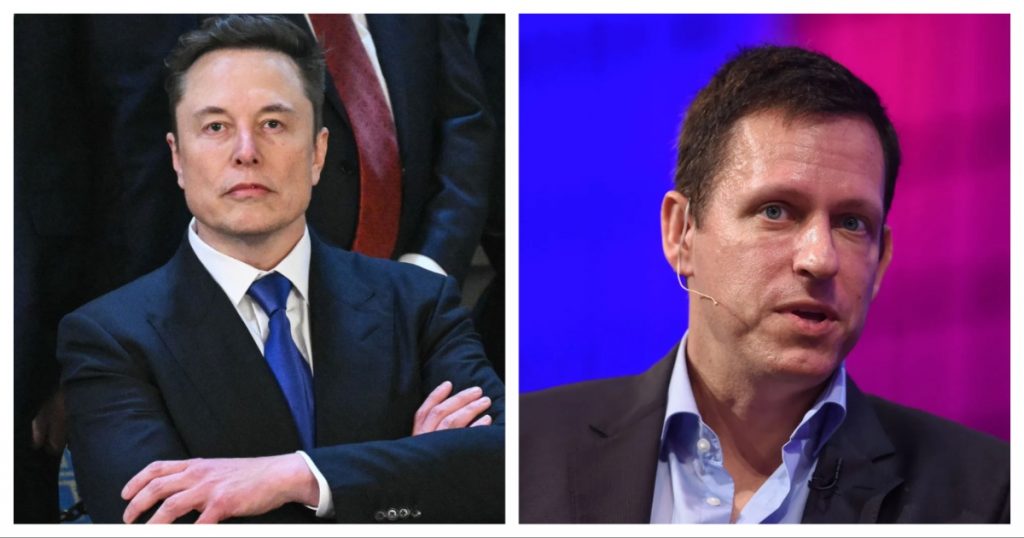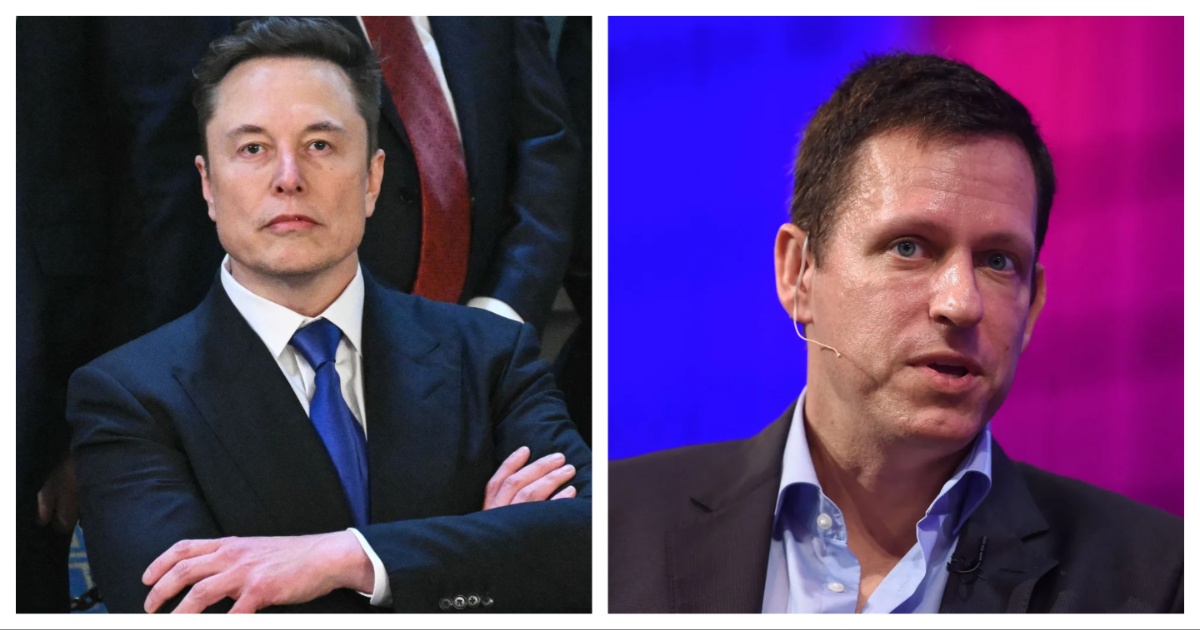Elon Musk has strong beliefs about both tech and politics, but at times those beliefs might not be internally consistent.
This apparent contradiction was recently highlighted by his fellow PayPal co-founder and venture capitalist, Peter Thiel. In a recent conversation, Thiel recounted a discussion with Musk that brings to light a curious tension between the tech mogul’s audacious technological predictions and his pronounced anxieties about the nation’s fiscal health. The exchange offers a fascinating glimpse into the minds of two of Silicon Valley’s most influential figures and raises important questions about the anticipated economic impact of artificial intelligence and robotics.

Thiel laid out the conversation, which took place just a few weeks ago. “A conversation I had with Elon, a few weeks ago about this was, he said, we’re gonna have a billion humanoid robots in the US in 10 years.” This is a characteristically bold prediction from Musk, who has been increasingly vocal about his ambitions for Tesla’s Optimus robot. He envisions a future where these robots handle a vast array of tasks, fundamentally reshaping the labor market and the economy.
Faced with this prediction, Thiel offered a logical economic consequence. “And I said, well, you know, if that’s true, you don’t need to worry about the budget deficits because we’re gonna have so much growth,” he recounted. “The growth will take care of this.” Thiel’s point is straightforward: an explosion of a billion humanoid robots into the US economy would represent a productivity boom of unprecedented scale. The resulting economic expansion would, in theory, generate massive tax revenues, rendering current concerns about the budget deficit moot.
However, Musk’s reaction, or lack thereof, is what Thiel found particularly telling. “And then, well he’s still worried about the budget deficits,” Thiel noted. This persistence of worry from Musk, in the face of his own transformative predictions, is the crux of Thiel’s observation. It suggests a potential disconnect between Musk’s vision for the future of technology and his grasp of its economic ramifications.
Thiel elaborated on his interpretation of Musk’s stance. “And then this doesn’t prove that he doesn’t believe in the billion robots, but it suggests that. You know, maybe he hasn’t thought it through or that he doesn’t think it’s gonna be as transformative economically, right? Or that there are big error bars around it.” Thiel concludes, “But yeah, there’s, there’s some way in which these things are, are not quite thought through.”
The implications of this apparent contradiction are significant. On one hand, Elon Musk is aggressively pushing the narrative of a robotic future. He has stated that he expects Tesla to begin limited production of the Optimus robot this year, with the goal of producing thousands annually. He has even gone as far as to suggest that the humanoid robot business could ultimately be worth more than Tesla’s car business. On the other hand, Musk has been very publicly sounding the alarm on the US budget deficit. In recent months, he has railed against government spending, warning that the country is on a path to fiscal ruin. He has been a vocal critic of a recent major spending bill, vowing to politically oppose those who support it. This puts him in the curious position of simultaneously forecasting an unprecedented economic boom driven by his own technology while also expressing grave concerns about the nation’s ability to manage its finances. Thiel’s gentle critique, therefore, lands with particular force. It raises the question: if the architect of this robotic revolution is himself not fully convinced of its immediate and overwhelming positive economic impact, should we be? Or, as Thiel suggests, are there indeed “big error bars” around these futuristic pronouncements that warrant a more cautious outlook, even from the man making them?
